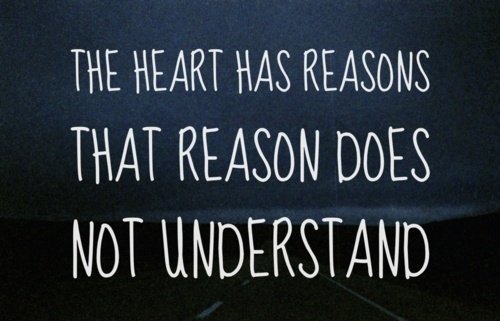Theoretical deliberation is the kind of freedom manifested by reason

Image Source
It isn't only freedom as an agent that prompts the fair-minded position, yet the reflective freedom as a scholar, and this applies likewise to the case of factual thought. We can remain once again from our thoughts and experiences, and what generally would only have been a cause turns into a thought.
On account of landing by reflection at a conviction, the kind of thing that will be transmuted along these lines will be a bit of evidence, or what it take to be evidence. It may for example be a discernment. On account of practical deliberation, the thing is probably going to be a desire, a desire which contemplated in choosing what to do.
In remaining again from evidence, or from desires, with the goal that they move toward becoming contemplations in the light of which we touch base at a conclusion, practice in the two cases the rational freedom. At the point when embraced the viewpoint outside desires and projects, we may support the first desires, as in the factual case it might underwrite the first disposition to accept.
In the event that we do this the first desire may in the result be the thought process in action. The fact that Kant's account of rational freedom is intended to apply to factual deliberation as much as to practical carries out what isn't right with the Kantian argument.

Image Source
What it says in regards to reflection does in reality apply to factual deliberation, yet it does as such because factual deliberation isn't basically personal. It neglects to apply to practical deliberation, and to force a vital fairness on it, because practical deliberation is personal, fundamentally in this way, and includes a self that must be more personally the self of the desires than this account permits.
Practical deliberation is in each case personal, and the first individual isn't subordinate or normally supplanted by anybody. The action settle on will be our own, and its being our own methods not only that it will be landed at by this deliberation, however that it will include changes in the realm of which we might be exactly the cause, and of which these desires and this deliberation itself will be, in some part, the cause.
Beyond any doubt we can remain once more from our desires and consider them, and this plausibility can surely be viewed as a feature of the rational freedom at which any rational agent points. This goes to some degree past the contemplations about freedom that deliberateness recognized, however despite everything it doesn't give the required outcome in connection to morality.

Image Source
The self of the reflective practical deliberation isn't required to take the aftereffect of any other individual's appropriately directed deliberation as a datum, nor be conferred from the beginning to a concordance of everybody's deliberations.
Reflective deliberation about reality in fact acquires a viewpoint that is fair-minded and looks for amicability, yet this is because it looks for truth, not because it is reflective deliberation, and those highlights will not be shared by deliberation about what to do just because it too is reflective.
The self that stands back in rational reflection from desires is as yet the self that has those desires and will, experimentally and solidly, act, and it isn't, just by remaining back in reflection, changed over into a being whose key interest lies in the concordance of all interests. It can't, simply by making this stride, procure the inspirations of equity.

Image Source
References:
https://en.wikipedia.org/wiki/Deliberation
http://jgastil.la.psu.edu/pdfs/ConceptualDefinitionDeliberation.pdf
why why thanks... follow you blog and vote
Downvoting a post can decrease pending rewards and make it less visible. Common reasons:
Submit
so true!!
Downvoting a post can decrease pending rewards and make it less visible. Common reasons:
Submit